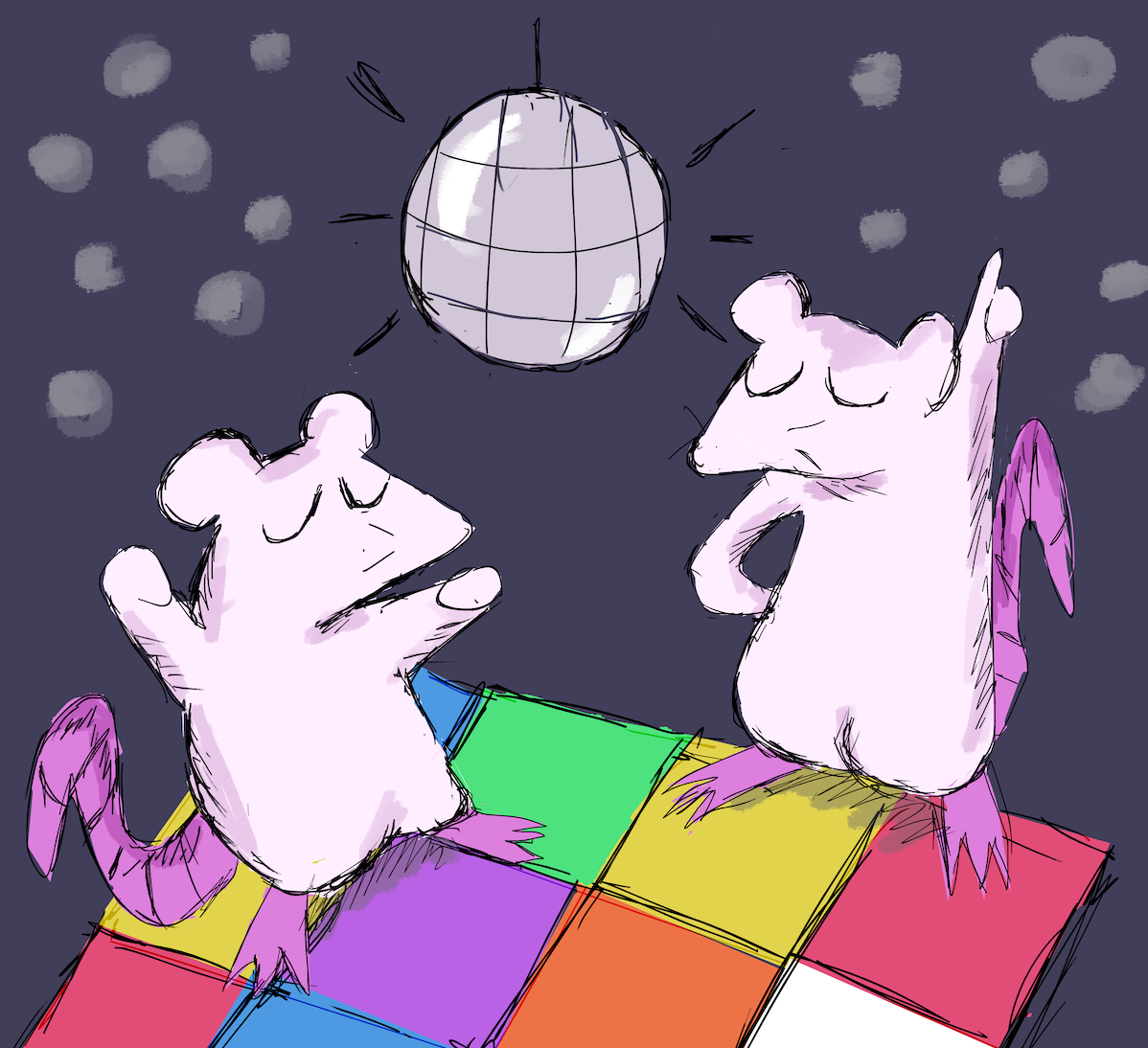I’m a huge NBA fan, but I’m an even bigger fan of the playoffs. Something about the best in the world, playing their best, brings out the little kid in me. So, in honor of the start of NBA playoffs, this week’s column addresses the question posed by loyal reader, Callum Squires. He asks: “#AskTingleTU Do we need seven game playoff series’ all the way through the NBA postseason?” A great question from a great sports fan, so let’s jump right to it.
The easy and correct answer is, of course, no. Why then do we have to suffer and slog through an NBA playoff season that ends around June 20? The easy and correct answer is, of course, money. But before we unpack that, I want to take you back in time to a fantasy land. To a place where the NBA playoffs had a little March Madness flavor: a time when the NBA tournament was most definitely FANtastic.
What’s that you say Dr. Tingle? The NBA playoffs once had the equivalent of #15 Santa Clara upsetting #2 Arizona in 1993? Indeed. Gather around the campfire and let me tell you about a simpler time.
Before those of you who have taken History of American Sport write with complaints, I’m not intimating that the NBA wasn’t ALWAYS about money. Indeed, all sports have been. Always. Check out that 1852 regatta between Harvard and Yale for evidence that the sport enterprise begins and end with money at its center. There was a time, before the NBA discovered how to monetize the water they drink, and seemingly every inch of the arena, when the first round of the NBA playoffs was frenetic and engaging.
From 1977 to 1983 the NBA playoffs had 12 teams, which meant the first and second place team in each conference earned a bye. The Rockets and Spurs were also in the Eastern Conference from 1977-1980, but that’s a story for a geographer to write! In order to make that first round manageable, it was best-of-three format. That’s right. Best of three! This era saw at least one first round upset every year except 1977. There were two upsets (keep in mind there were only four series because of the byes) in 1978, 1979, and 1982. Both 1981 and 1983 had upsets in three of the four series. When the sixth-seeded Rockets made the NBA finals in 1981, they became the era’s poster child for upsets. Thirteen of the 28 first round series in this format were upsets. Talk about a wild ride for the fans!
Then in 1984, the NBA added four extra teams to the playoffs, and expanded the first round to a best-of-five format. The NBA fan got some amazing first round treats. During this era, nearly 24% of the first round series end in an upset, including two 8 seeds knocking off 1 seeds. Any fan of the NBA revels in the memory of Jordan hitting “The Shot” to defeat Cleveland. What many of us forget is that Jordan’s Bulls were a six seed! Or how about the Knicks taking out Miami in 1999 on the way to becoming the only eight seed to ever make the finals. Or my two favorites: Dikembe Mutumbo’s eighth seeded Nuggets knocking off the top seeded Seattle, which cleared the path for the 1994 Rockets to win the title. And of course, when the sixth-seeded Rockets handed it to the third-seeded Utah Jazz, which set the Rockets up for back-to-back titles and to become the only six seed to hoist the Larry O’Brien trophy!
That format lasted until 2003, when the first round was expanded to the current best-of-seven format. There is no doubt that this change benefits the higher seeds as the home team usually wins in a longer series. Need proof? Just ask Trinity’s great math professors! While the fan might want the “better” team to advance, the trade-off is a potential two-week wait for a team that sweeps its series 4-0, if its opponent wins its series 4-3. Looking at the schedule for this year: the Rockets beat the Mavericks in game one on Saturday, April 18 and had to wait until Tuesday, April 21 to win game two. The teams weren’t even traveling! What on earth are the Rockets and Mavericks players doing on Sunday and Monday? [Clearly, the Mavericks weren’t practicing!]
The other trade-off is more wear-and-tear to the greatest players. Teams who make the NBA finals could be looking at an extra 28 games. For every four or five years, that’s an extra regular season’s worth of basketball. No wonder the player’s union fights to get every penny of basketball related income that it can. A ten-year veteran might have actually logged 12-13 seasons’ of games.
Alas, this is the state of modern professional sports. The money generated by media and corporate sponsors give those entities the power to dictate the action. What matters to the fans and players is secondary.
With that said, because the NBA is Forever and because I LOVE THIS GAME, I’ll pop the corn, and pour myself that extra beverage, as I log on to TNT to watch the Rockets and Spurs in the 2015 NBA playoffs. Here’s hoping for a rematch of the 1995 Western Conference Finals, although this year the rivalry would take place in the conference semi-finals. However, as I wait three days between games in this year’s playoffs, you can bet I’ll be dreaming about a time when a team with a 40-42 record could actually make the NBA finals.






